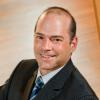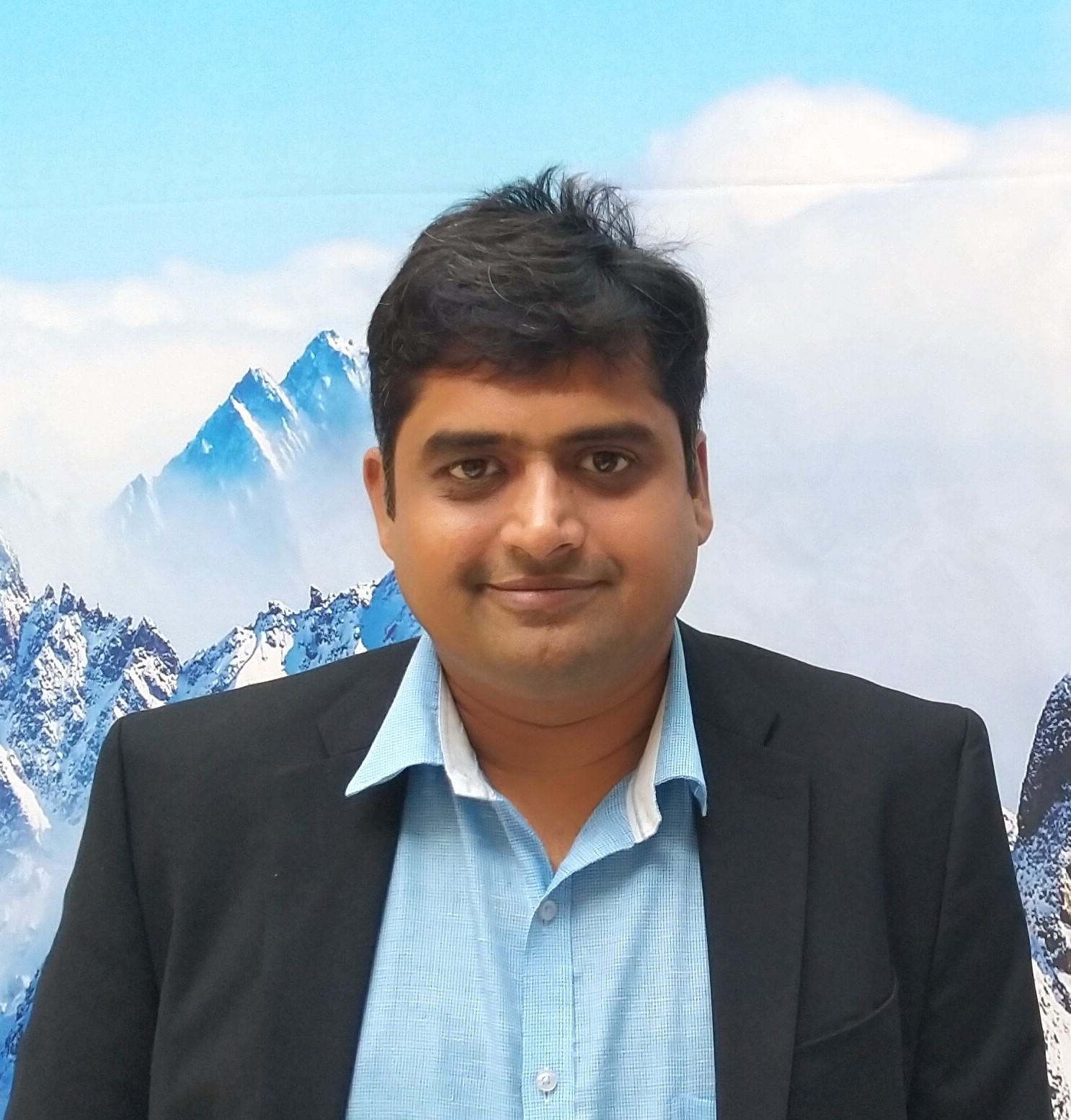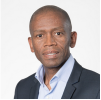
Author: Eric Jelenje, PMP
Hi again!
It’s been an exciting last 2 months of delving into Diversity, Equity and Inclusion, highlighting how beneficial it can be for organisations seeking to sustain innovation and competitiveness, and, a sequenced overview of all the key aspects, beginning with Diversity.
This month, we transition to the next waypoint, Equity.
To continue, I’ll use sport as an analogy.
The list of sports I like to watch is quite diverse: football, tennis, basketball, golf.
A common question amongst fans has been who to rank as Greatest Sportsperson of All Time: Ali? Federer? Tiger? Serena? Graf? Jordan? Ronaldo? Messi? King? Navratilova?
Whoever your choice here, they each have a valid claim.
As I’ve pondered over the debate, I have concluded that they all deserve a seat at the table. Let us appreciate them all for their respective talents and outstanding achievements. Give each one a VIP ticket to the “Greatest Of All Time” party.
This approach is the hallmark of Equity.
The global consulting firm Gallup coined a quite comprehensive description, explaining it as “fair treatment, access and advancement for each person”, accounting for “historical and socio-political factors that affect opportunities and experiences”, and addressing “peoples’ unique needs without one person or group having an unfair advantage over another”.
Another part of the conversation is the relationship between Equality and Equity, two words that are erroneously used interchangeably but are different. Referencing Gallup’s definition, Equality is fairness for all. However, Equity takes it further, recognising the distinctive circumstances, past and present, that would require a contextual approach to truly achieve that desired fairness.
You may have seen an Einstein-inspired cartoon online in which some animals are lined up for a test. To ensure “fairness”, a man instructs them to climb a tree, much to the bemusement of the fish, seal, dog and penguin. You can guess the monkey’s and bird’s reactions! In other words, Equality is the same tree-climbing test for each animal. With Equity, the swimming abilities of the seal, penguin, dog and fish would also be recognised and that would be tested too.
This is a simple but powerful illustration highlighting how important Equity is to the DEI conversation. Put simply, by leaning on Diversity, achieving Equity ensures a level playing-field for all stakeholders.

How then can organisations ensure they move towards Equity?
Gallup advises conducting equity audits using 3 metrics, fairness, pay and opportunities for advancement . This often means asking the tough questions: Do our hiring practices favour all regardless of age, gender or ethnicity? Are our workplace policies flexible in supporting individual staff needs such as parenting and elderly care? Are our pay packages fair in rewarding expertise regardless of demographic? Do our staff at all levels feel they can progress career-wise within?
Ultimately, if the results reveal a difference in outcomes between demographics, it is those circumstances that need to be addressed. Beyond diagnosing the issues, organisations should work on developing remedial actions that change the status quo: Pay parity, flexi-working, diversity-based recruitment and more.
When effective, striving for Equity will effectively complement the balance achieved through embracing Diversity. As with Diversity, achieving Equity will not happen overnight. As one blogger remarked, progress will be about steady improvements and not perfection. With Diversity across workforces and Equity through parity, organisations steadily build a platform for fostering a culture that makes everyone feel respected and comfortable to give their best.

This Inclusivity is our discussion for next month.
What are your experiences with and beliefs about Equity?
Do you think it is an attainable objective?
What have you noted about equity-driven organisations and vice versa?
Food for thought!
See you in July!







